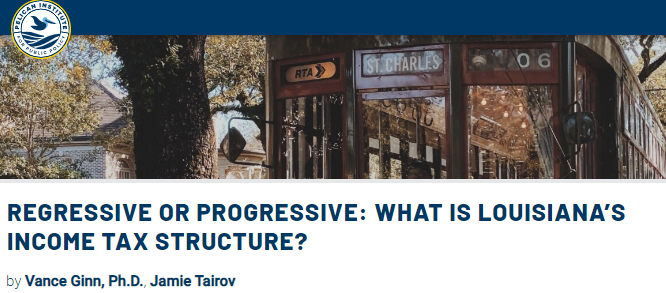|
Americans are facing a housing affordability crisis—and Texans are no exception.
Texas families struggle to make ends meet with high inflation, stagnating wages, and rising mortgage rates. Add high property taxes to the equation, and it is not difficult to see why 1-in-2 Texans reported that they were behind on rent or mortgage payments and that eviction or foreclosure in the next two months is likely. Property tax relief is needed more than ever to help homeowners, renters, and businesses during these challenging times. For this purpose, the Foundation proposes a way to cut local property taxes substantially next year, and cut them nearly in half over the next decade. In Texas, the housing market is cooling as there were three months of supply of homes for sale relative to demand in September 2022, which is the highest since May 2020 after a couple of years of a very tight housing market. This cooling of the housing market resulted from mortgage rates topping 7%, a 20-year high that dramatically raises borrowing costs and monthly payments. Another contributing factor to the affordability crisis in Texas is high and rising local property taxes. Texas is blessed to have constitutional bans against a personal income tax and a statewide property tax. But while Texas has a costly gross receipts-style tax called a franchise tax, which should be eliminated, the most burdensome taxes discussed during soccer practices or business events are local property taxes. These taxes have nearly tripled over the past 20 years. And it’s wrong to think that property taxes are high because there is no personal income tax, as other states like Florida and Tennessee have much lower property tax burdens. The problem is excessive local government spending that requires more taxes. Property taxes are regressive. The Texas Comptroller’s office estimates that the lowest 20% of income earners will pay 6.9% of their total income in property taxes compared with 1.9% for the highest income quintile in 2023. Moreover, the Tax Foundation ranks Texas 11th in property tax collections per capita, 6th for its burden on homeowners, and 13th most burdensome to businesses, which is ultimately passed to consumers. Consequently, property tax relief is a top priority to help relieve some of the housing affordability issues. Reducing property taxes for Texans would keep more money in their pockets to satisfy their desires during a rising affordability crisis. To do so, the Foundation proposes eliminating nearly half of total property taxes. The proposal uses state general revenue-related funds to replace the maintenance and operations (M&O) property taxes partially funding independent school districts (ISD), which is about $60 billion per biennium. Specifically, most, if not all, surplus general revenue-related funds, which the Legislature has the most control over, above the state’s new state spending limit based on the rate of population growth plus inflation would be used to replace the ISD M&O property taxes each period until they’re eliminated. We calculate that this could happen in a decade. We use the average two-year growth rates over the last decade from 2012 to 2021, given that the state has a biennial budget for general revenue-related funds of 9.3% and a rate of population growth and inflation of 6.7%. We then use a reasonable 90% of this 2.6-percentage points surplus each biennium and half of the latest 2022-23 surplus of $27 billion to find this is achievable while fully funding public schools based on the current state-determined school finance formulas. With a record $27 billion expected surplus and another $14 billion likely in the state’s rainy day fund, the state has plenty of taxpayer money to fund limited government provisions within the normal taxes collected while returning surplus money to Texans. This is a historic opportunity to provide substantial property tax relief and more opportunities for businesses to move to Texas without costly incentive deals. The result would be Texas having a more robust economy, more job creation, more investments, and more opportunities to prosper so that Texans can be more able to afford their desired livelihood. Originally posted at TPPF Comments are closed.
|
Vance Ginn, Ph.D.
|


 RSS Feed
RSS Feed